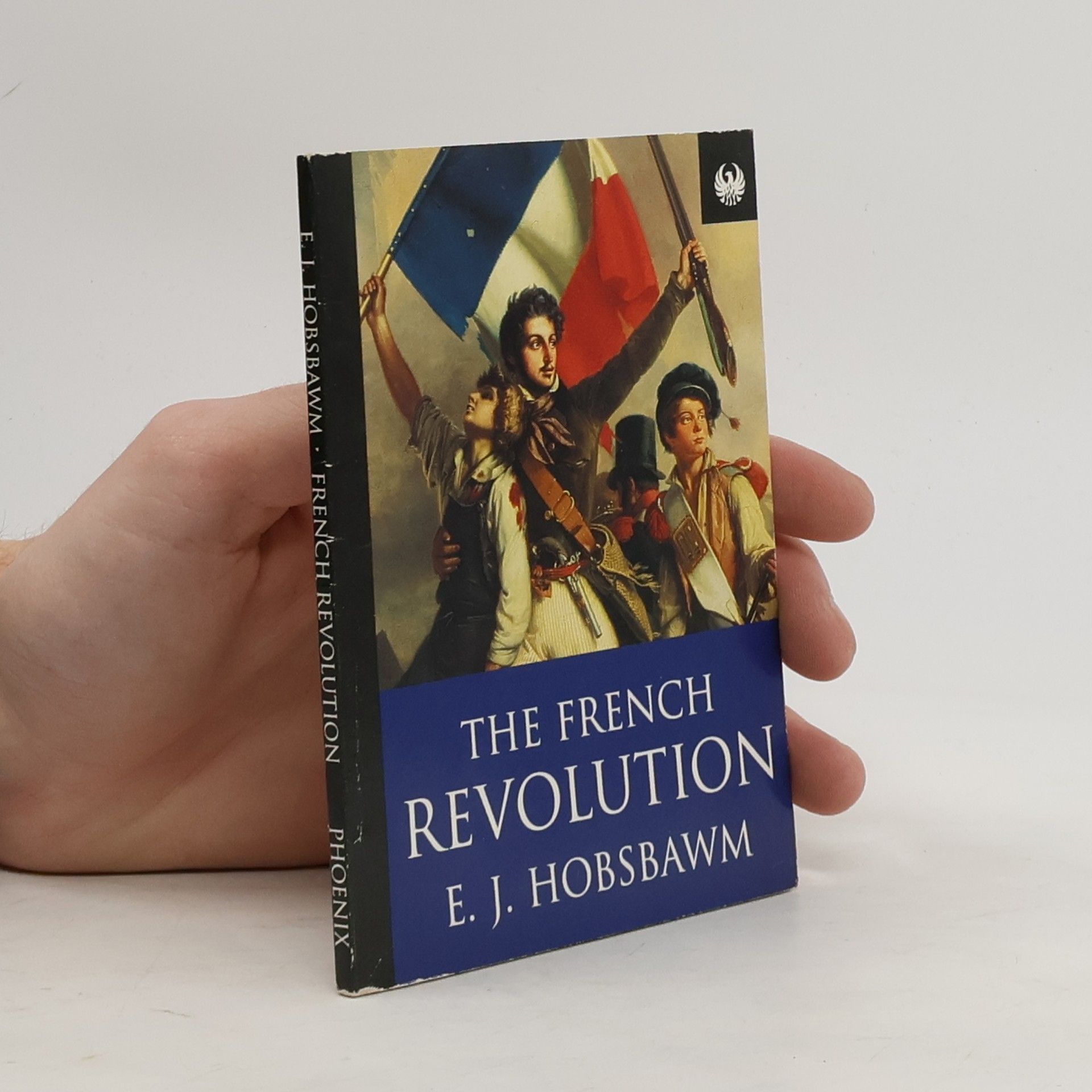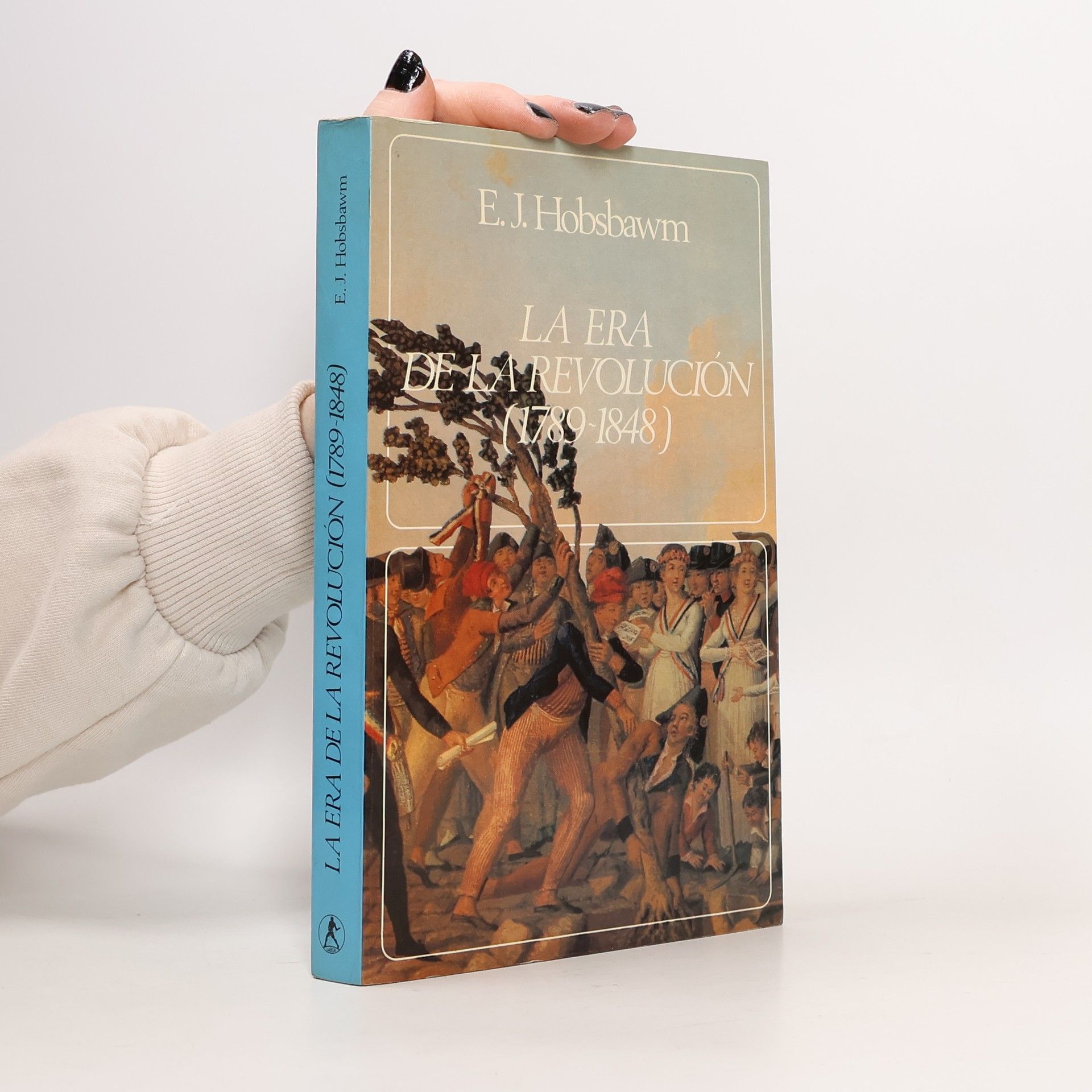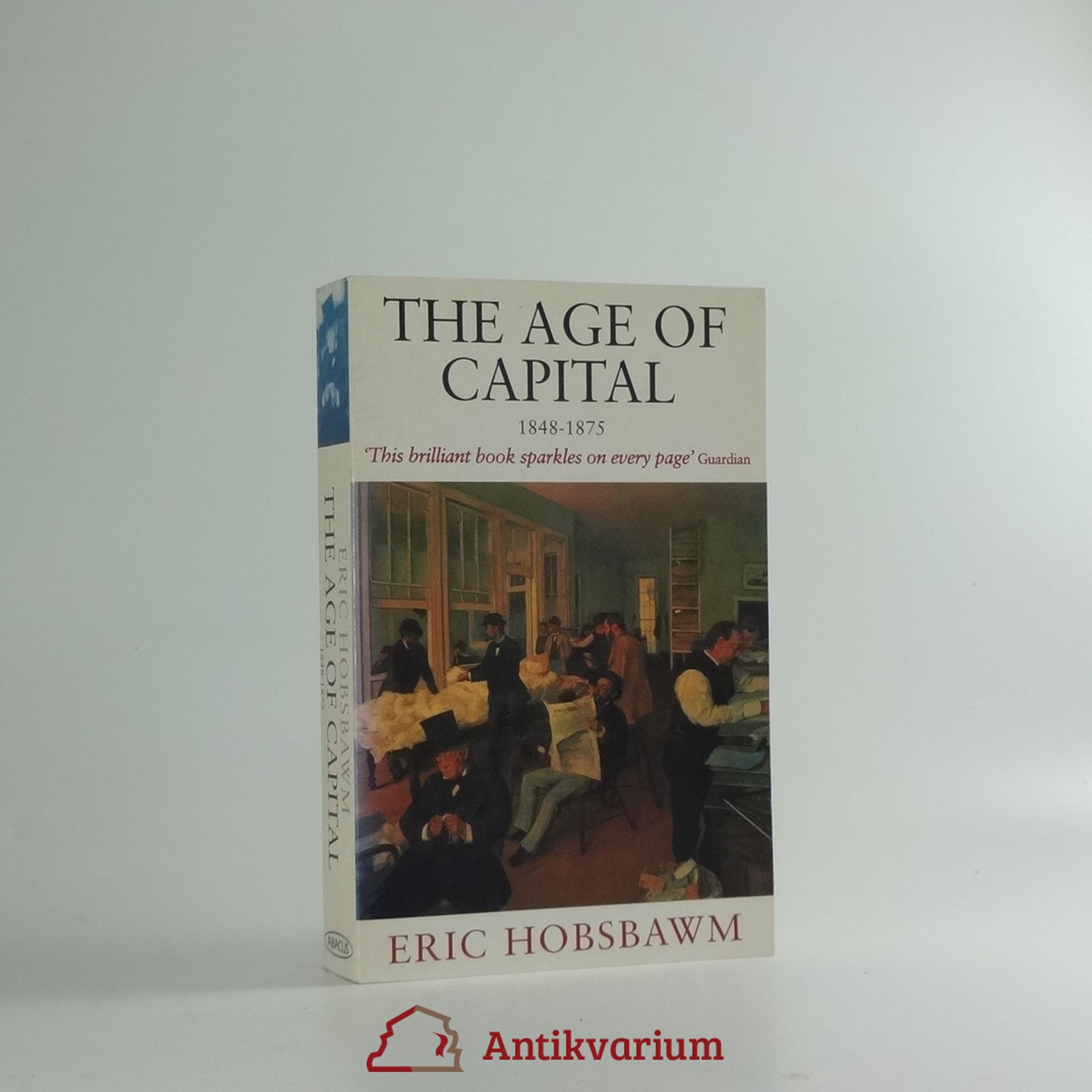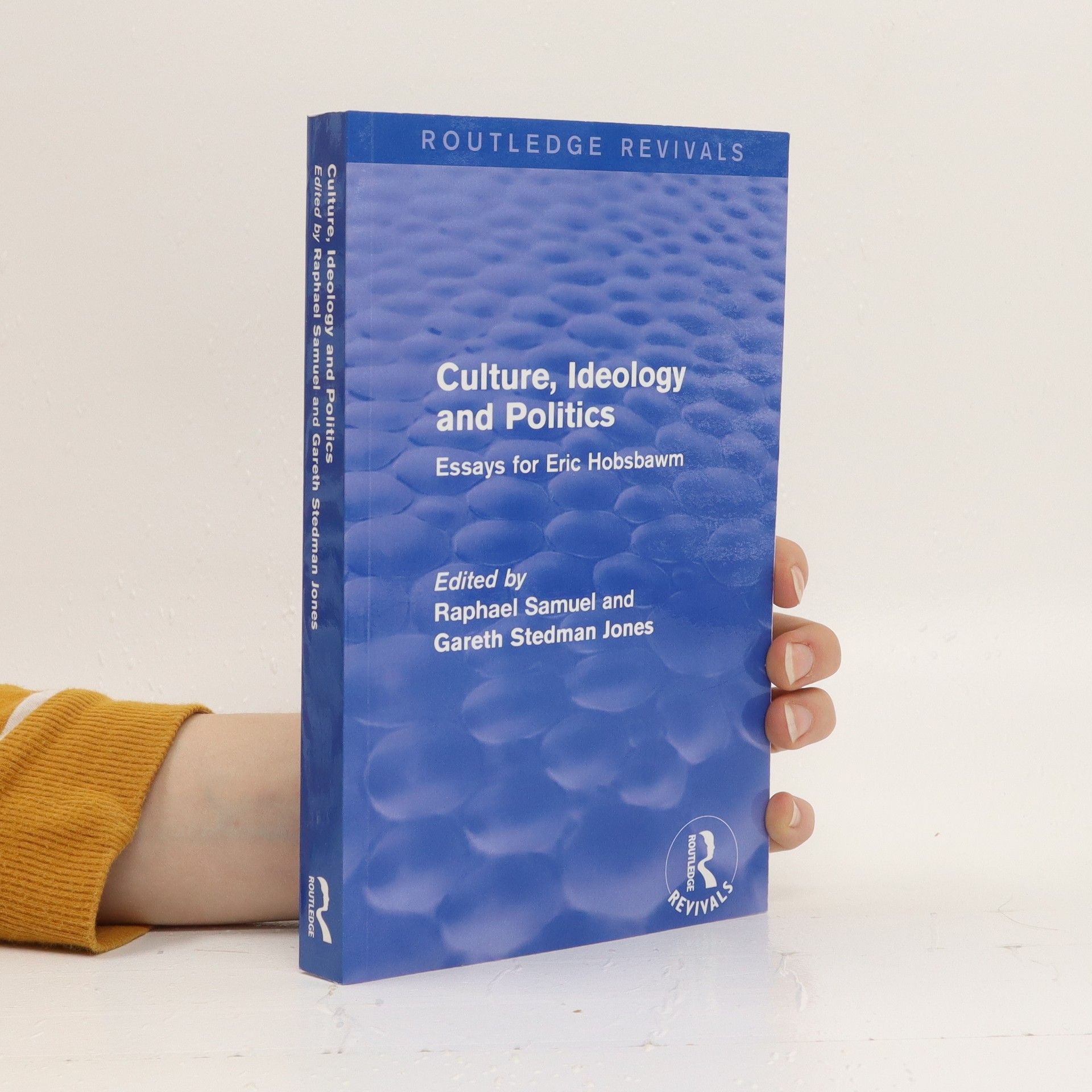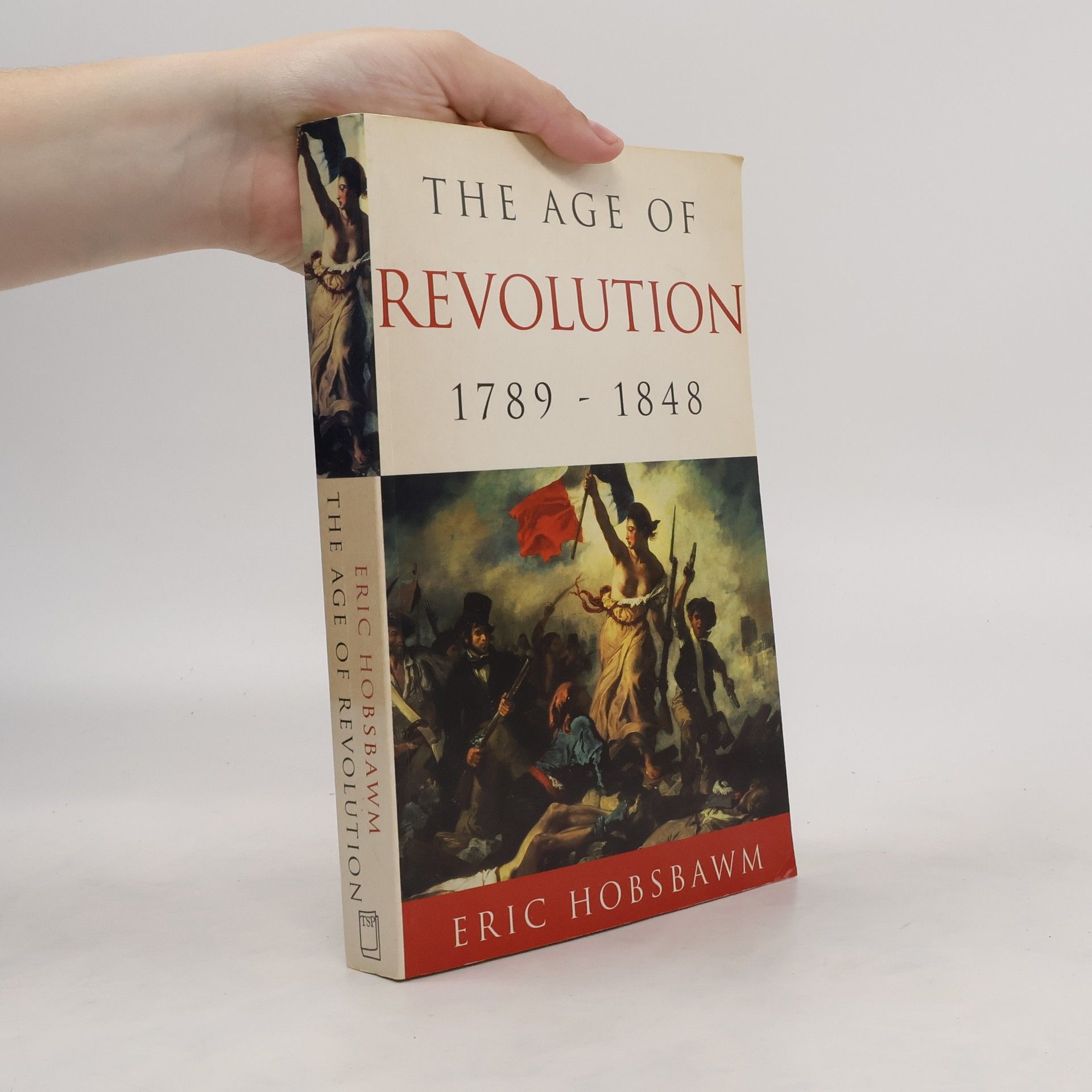Rebeldes primitivos. Estudio de formas arcaicas y movimientos sociales siglos XIX y XX
- 328 páginas
- 12 horas de lectura
Para contener los libros de historia menos academicos y mas divulgativos nacio en 1997 esta coleccion que ha ido creciendo con extraordinaria rapidez, ya que en cinco anos se han publicado titulos que han alcanzado, en general, una extraordinaria difusion. Entre ellos, las tres famosas &la" eras de Hobsbawm: La era de la revolucion; La era del capital y La era del imperio, pero tambien libros tan destacados como Pensar historicamente, de Pierre Vilar, Sobre la historia, del propio Hobsbawm, Carlos V y su tiempo, de John Lynch, Historia economica de la Europa contemporanea, de Vera Zamagni, La historia de los hombres, de Josep Fontana o Espana en su cenit, de Jordi Nadal. Publicado en castellano por Ariel en 1968, y agotada su ultima edicion desde hacia tiempo, nos ha parecido que, ante los nuevos fenomenos de &la" protesta primitiva que surgen en toda Europa con la dificil integracion de los inmigrantes, es oportuno regresar a las ensenanzas de este libro sobre las formas arcaicas de los movimientos sociales en los siglos XIX y XX.


